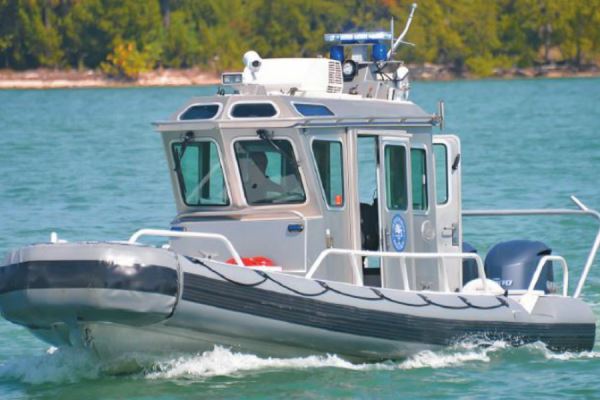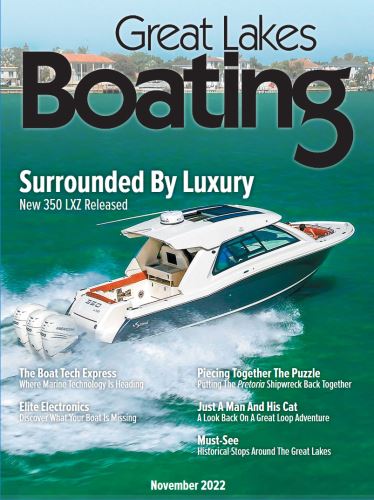 After 20 years in the boating industry I can now add “boat expert” to my resume; at least I can according to one lawyer who recently contacted me. He was in the middle of defending a case and was reaching out to me because of my knowledge of boats. Our conversation was over the phone so he couldn’t see, but I sat up a little taller in my chair when he referred to me as an expert. I’m not used to the praise, but I certainly could get used to it.
After 20 years in the boating industry I can now add “boat expert” to my resume; at least I can according to one lawyer who recently contacted me. He was in the middle of defending a case and was reaching out to me because of my knowledge of boats. Our conversation was over the phone so he couldn’t see, but I sat up a little taller in my chair when he referred to me as an expert. I’m not used to the praise, but I certainly could get used to it.
Without getting into any of the specifics, the lawyer wanted to know how easy boats were to drive and what training or education was required on the Great Lakes to operate one. Training? Uh, required?
My mind quickly raced back to the first time I drove a boat and I couldn’t recall more than a quick briefing on how the throttle works from a co-worker. Honestly, it’s the simplicity and the fast-learning that make boats so popular and it’s why the boating lifestyle is so attractive to first-time boaters. If anything positive has come from our current pandemic it is the flood of new boaters.
Often newbies get behind the wheel of a brand-new boat with no experience, other than maybe a quick orientation from their dealer or marina manager on the water when they first take delivery.
As far as formal training, there is a boating class that varies by state that you can take online, but because it’s not required in my own state, I’ve never considered taking the class. However, to better educate myself I recently signed up for the Coast Guard-approved online class for the first time despite years in the industry. I was curious if there was anything covered in this online course that would specifically help someone operate a boat. It took up a big chunk of my afternoon, but I easily passed the online course with no studying with a 98 percent score.
The card I received in the mail after easily passing the final exam is known as a boating license to some, but it's really not a license at all. Rather, it’s just a boating education certificate that confirms I took the course and it has no expiration date. I feel like I have other cards in my wallet that are far more valuable to me than this one, but I’m holding on to it for now and secretly hoping that one day someone with authority will ask me to show it to them.
Overall I’d say the course was well done as it covered a lot of the basics and I would recommend it to anyone new to boating just to help get you familiarized with boating terms. However, I feel it was more geared towards 15-to 17-year-olds without a driver’s license who need a little guidance on how to safely operate a Personal Water Craft (PWC).
In the states where this certificate is required, often it’s only required for younger age boaters. The course didn’t go into any real depth on specifically handling a boat in different situations and I don’t feel it would help a driver operate a boat any better than just gaining experience on the water.
It does seem a little odd that more isn’t required of us prior to operating a boat for the first time, but I still firmly believe experience is the best way to learn. And that advice is coming from a boat expert, or at least, that’s what they tell me.

